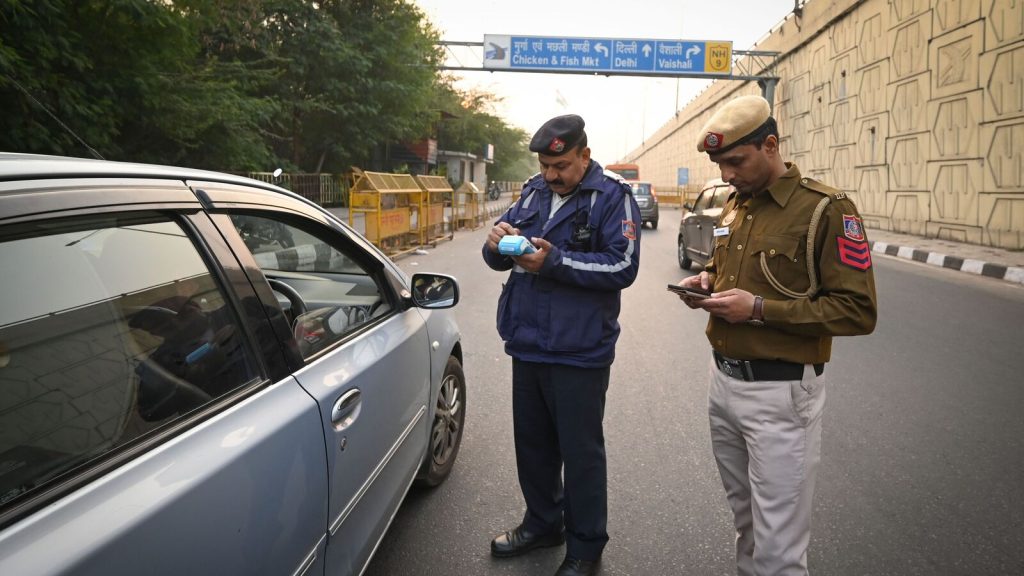What Are End-of-Life Vehicles (ELVs)?
End-of-Life Vehicles (ELVs) refer to automobiles that have reached the end of their usable lifespan and are no longer fit for operation. These vehicles typically pose environmental hazards due to outdated emissions systems and deteriorated components. Proper disposal or recycling of ELVs is crucial to reduce pollution and manage waste sustainably.
Delhi’s Blanket Ban on Overage Petrol and Diesel Vehicles
Delhi’s government has implemented a comprehensive ban on older petrol and diesel vehicles, commonly known as overage vehicles, to combat rising pollution levels. The ban aims to phase out vehicles that contribute disproportionately to air pollution, especially in the densely populated capital city.
The Supreme Court’s Role and the SCS Hearing
The matter has escalated to the Supreme Court, which is currently hearing the case concerning the blanket ban. The Supreme Court’s Special Committee for State (SCS) hearing seeks to evaluate the legal and environmental implications of the ban, balancing public health concerns with the rights of vehicle owners. The court’s decision could set a precedent for other metropolitan cities grappling with vehicular pollution.
Environmental and Public Health Impact
Older diesel and petrol vehicles emit higher levels of harmful pollutants such as nitrogen oxides (NOx) and particulate matter (PM), which are linked to respiratory illnesses and environmental degradation. Delhi, often ranked among the most polluted cities globally, stands to benefit significantly from the reduction of such emissions through the ban.
Implementation Challenges and Alternatives
While the ban is environmentally motivated, it raises concerns about the economic impact on vehicle owners, especially those relying on older vehicles for livelihood. Authorities are considering options like scrappage schemes, incentivizing electric vehicle adoption, and improving public transport infrastructure to ease the transition.
Timeline and Future Outlook
The ban is expected to be enforced in phases, with clear timelines for vehicle owners to comply. The Supreme Court’s verdict following the SCS hearing will influence policy direction and enforcement strategies nationwide, potentially encouraging cleaner transportation solutions across India.
Source: Mint

